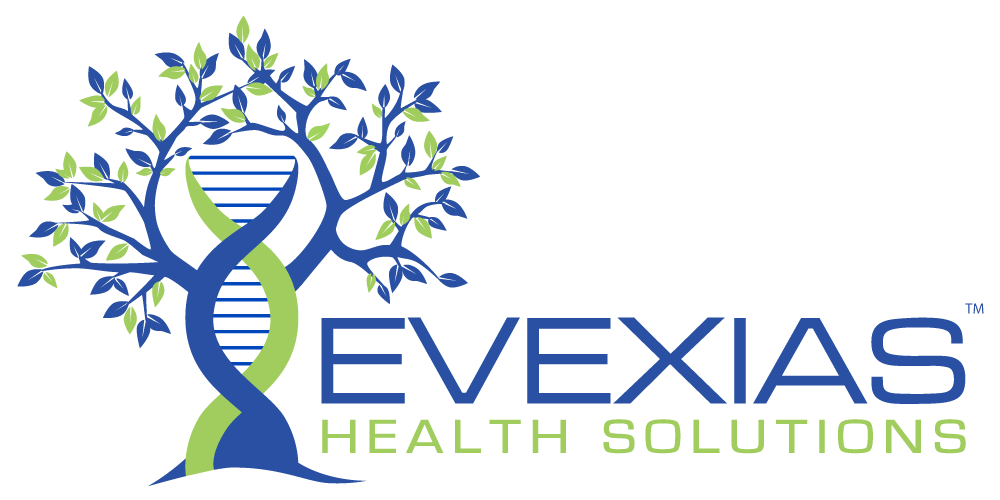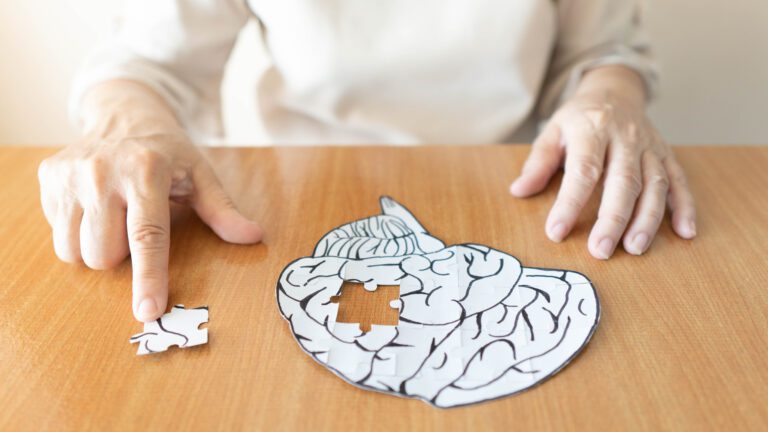Article Reviewed By The Medical Faculty and Advisory Review Board
Hormone and replacement and therapy are words people throw around a lot. As an uncommon practice, people, doctors, and the internet can have varying views on it – especially bio-identical hormone replacement therapy (BHRT).
There’s a lot of information floating around about BHRT, and it can be very difficult to tell what’s true and what’s not, or what’s somewhere in the middle.
Luckily, we’re here! In this post, we’ll discuss six common myths you may have heard about BHRT, and where the real truth lies.
1. BHRT Won’t Help You Lose Weight
If you’re simply looking for a weight loss program, BHRT probably isn’t for you. But if weight gain is one of the multiple symptoms you may have as a result of a hormone imbalance – BHRT can quite likely help you lose weight.
Weight gain is a pretty common side effect of hormone imbalances. Implanting pellets to balance your hormones can counteract that weight gain and help you get your body back!
2. BHRT Only Works for Women
You may have heard more about BHRT as it pertains to women – especially in treating menopausal symptoms – but BHRT can be just as effective on men.
Men tend to experience hormonal imbalances as they age, resulting in symptoms ranging from a loss of libido to weight gain.
Our superior hormone pellet therapy can treat these symptoms. Regardless of our gender, we all have hormones – BHRT doesn’t discriminate based on sex!
3. BHRT Can Cause Cancer
Sadly, this is a fairly common myth about BHRT. The study that suggested BHRT increases cancer risk is not at all current and researchers have disproved it countless times.
The study mainly focused on hormone replacement therapy done with synthetic hormones, which is not applicable when it comes to the all-natural pellets we use in BHRT.
4. BHRT Causes Blood Clots
The evidence for BHRT leading to blood clots comes from the same disproven survey that said BHRT could cause cancer.
The latest study on this subject said that BHRT comes with a less than .5% risk of getting blood clots. In reality, genetics and lifestyle choices predispose you more than anything to blood clots.
5. BHRT is Illegal
We shouldn’t even have to clarify that this one is false. What we practice is 100% legal. That’s all there is to it.
6. BHRT Can Delay Menopause
Unfortunately, we can’t do this for you. BHRT manages symptoms brought on or exacerbated by menopause, but it won’t stop or delay the natural processes your body goes through.
But we can make menopause a more pleasant experience by correcting your imbalance of hormones, so that’s something!
We Can Help
Obviously, these six myths don’t address every possible question or nuance of BHRT – and even if they did, all our bodies work differently, so you’d probably need more information anyway!
If you’re unsure of something about BHRT or are getting mixed messages, the best advice we can give you is just to ask us – we love talking with patients!
*These statements have not been evaluated by the FDA.









